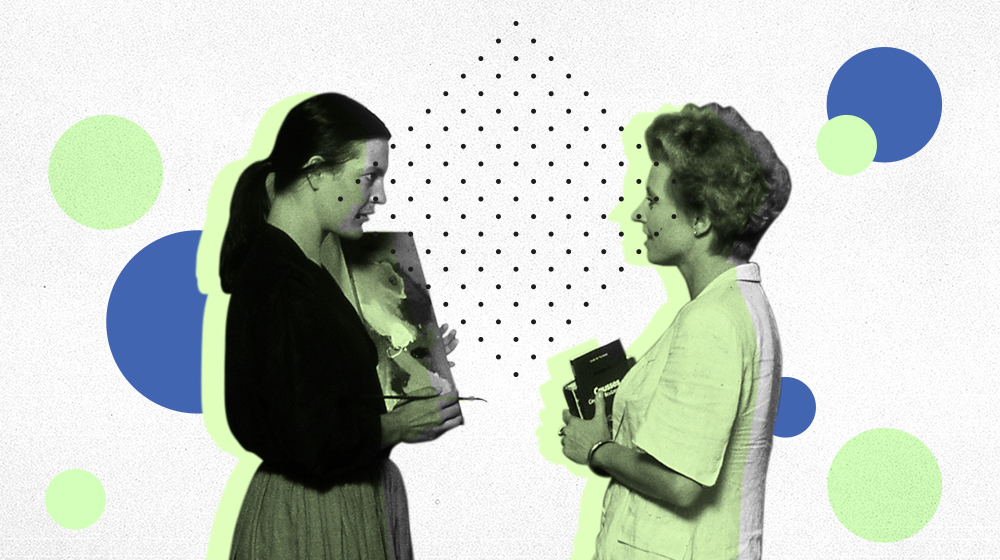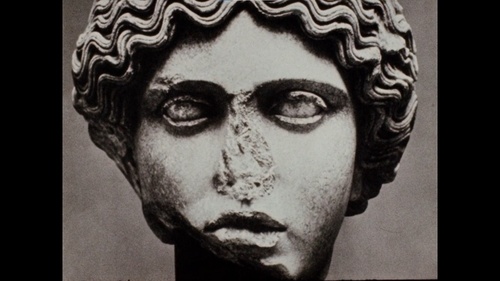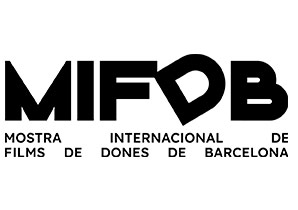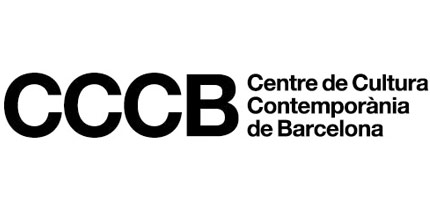Feminist Film Manifestos
Feminist Film Manifestos VIII
Reviewing malaise
Audiovisuals
Free with pre-booking
"I am terrified by this dark thing that sleeps in me"
SYLVIA PLATH
We begin our eighth edition of Manifestos Fílmics Feministes with a line from the poem Elm, written by Sylvia Plath in April 1962. This year's selection is made up of filmmakers who, like the North American writer, have channelled fears and anxieties through art but have also used it to express discoveries and rebelliousness in relation to a sense of discontentment arising within a patriarchal, heteronormative, capitalist and neoliberal panorama. The pieces that form part of this programme recuperate the memory of psychiatrised women, as well as many others affected by experiences related to mental health.
These films link their stories to the constrictive role imposed by society, over the decades, on women's bodies and actions. They also analyse the vigilant, punitive role played by psychiatric institutions as places of reclusion for dissidence, demonstrating the close relationship between the political and the mental. They outline survival strategies based on collective resistance, through networks of mutual support, tenderness and activism.
SESSION 1: Friday, 30 September, 7 pm
Lady Lazarus, Sandra Lahire, United Kingdom, 1991, 25', original language with Catalan subtitles
Lady Lazarus is a visual depiction of Sylvia Plath's own readings of her poems, these scenes and readings being combined with excerpts from an interview recorded shortly before her death. The film provides a generous stream of images in an atmosphere of constant transformation.
Un’ora sola ti vorrei (For One More Hour with You), Alina Marazzi, Italy, 2002, 55', original language with Catalan subtitles
In a sense, Alina Marazzi's film is actually a collective work (made with four hands, based on her grandfather's home movies) and represents an examination of conscience - or rather an awakening of conscience. The story interweaves these images with the reading of her mother's letters and diaries and the medical records from rest homes where she spent long periods of time. Through these texts Marazzi reconstructs particular periods from her mother's life. A moving elegy on the maternal figure.
SESSION 2: Saturday, 1 October, 6 pm
Madness in Four Actions, TJ Cuthand, Canada, 2015, 8', original language with Catalan subtitles
"This video was made to talk about abuse in psychiatry, which I experienced in Montreal. However, I chose to let other words explain my feelings on the topic". Thirza Cuthand
Estado de malestar (State of Malaise), María Ruido, Spain, 2019, 63', original language
A visual essay that examines distress and illness in contemporary society. Based on texts by Mark Fisher, Franco Berardi and Santiago López Petit, as well as conversations with health workers and users of the mental health system, the artist reflects on the mental suffering that's a consequence of society's capitalist structure and its androcentric logic.
SESSION 3: Saturday, 1 October, 8 pm
Heller Wahn (Sheer Madness), Margarethe von Trotta, Germany, 1983, 105', original language with Catalan subtitles
Two women, a literature teacher (Hanna Schygulla) and a painter (Angela Winkler), begin to rely on their friendship as an alternative to their unhappy experiences in relationships with men. This was the director's first film to be released in Barcelona and it represented a watershed in terms of the representation of female characters in cinema, offering new ways to dismantle heteropatriarchal approaches.
Directors: Sandra Lahire, Alina Marazzi, Theo Cuthand, María Ruido, Margarethe von Trotta
This activity is part of Feminist Film Manifestos






